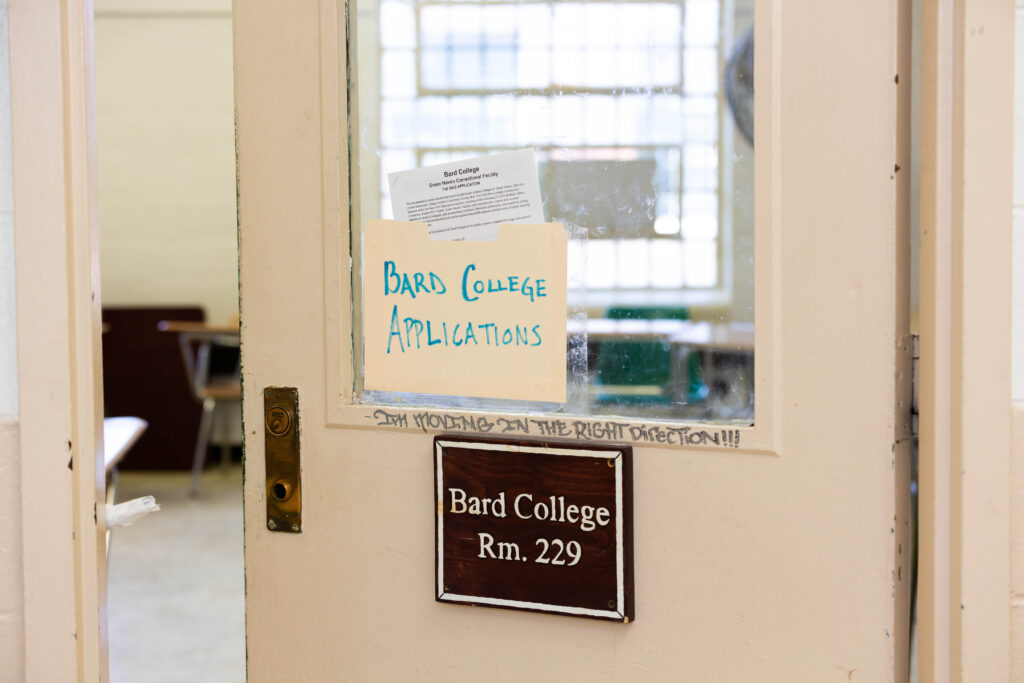I recently heard about an incredible program at Bard College.
It’s called the Bard Prison Initiative (BPI), and since 2001, it has offered credit-bearing courses toward undergraduate degrees for inmates at five of New York’s maximum security prisons. Bard’s professors teach the courses; Bard students assist with the courses and offer educational workshops in their fields of study. Nearly 200 inmates are enrolled in the programs each year. And its success has convinced me that Whitman should explore a similar partnership with the Washington State Penitentiary.
Since Bard and Whitman are remarkably similar to each other in size and academic rigor, BPI serves as a case study for how a college-in-prison program might benefit students and inmates alike.
Max Kenner, the founder of BPI, articulately explained why Bard decided to give a green light to the program during an interview on WNYC’s Leonard Lopate Show.
“We knew that nothing went farther to reduce prison recidivism [than education], that the college programs were extraordinarily cheap, that no form of correctional spending went so far or was as effective in doing all the things that we hope an institution like a prison might do.”
And as Mark Primoff, a spokesman for Bard College, also explained in a 2008 interview, such education programs have diverse benefits.
“[We’ve found that ] the program not only serves an essential societal need, it also enriches the lives of students and faculty at Bard, many of whom volunteer to work with the Bard Prison Initiative.”
In other words, Bard realized that as a liberal arts college, it could offer inmates at nearby prisons an education that would greatly reduce their chances of re-entering the justice system at a cost far lower than that of continued incarceration; and furthermore, that the Prison Initiative would substantively contribute to the education and working lives of students and professors at the college.



